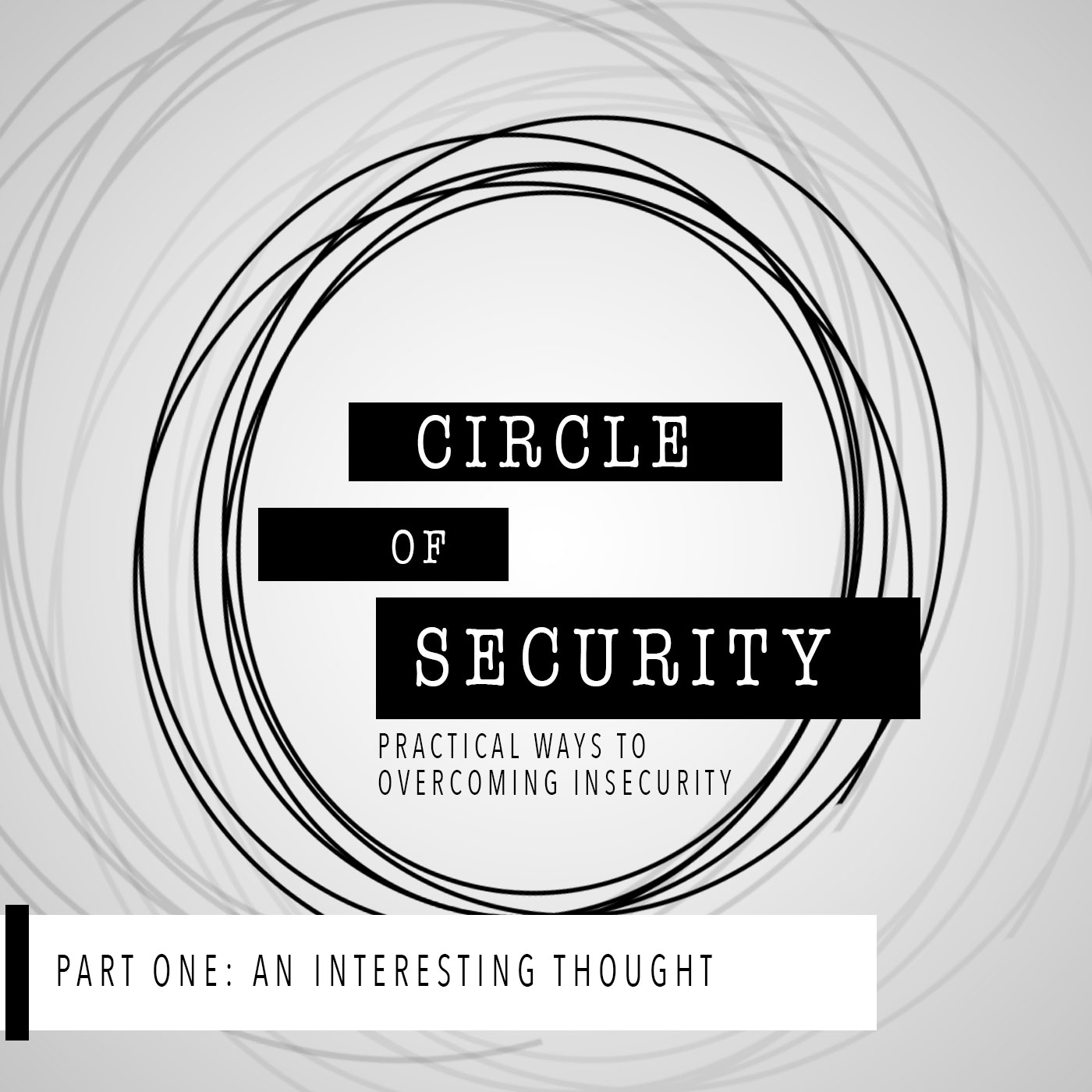Several years ago, I was allowed to work with a new organization. Most of the organization’s team had been together for some time, so I was definitely “The New Guy.” For the most part, I got along with everyone. I was young and very zealous- probably too zealous.
I brought a lot of ideas with me- many things I wanted to try, and many things I thought would work. Although I was overly excited and virtually unproven at this organization, I did have some experience; I wasn’t a novice.
I also was keenly aware that I could see necessary changes that they couldn’t. They had been steeped in the past culture, and it wasn’t clear to them, not because they weren’t innovative or creative- they were indeed some of the most creative people I had ever met. It’s like the old saying, “You can’t see the forest for the tree.” They had been there for a long time without an outside perspective.
For most of them, though, I quickly became a part, but there was one guy who, for whatever reason, didn’t like me. Every idea I had, he opposed. When I would speak up, he would act frustrated or even put out. It was as if he thought there was only so much room at the table, and I didn’t have a place to sit, as if I was hovering over them, waiting to steal one of their seats.
So, I began to think that we had a communication failure in that situation. If I were more precise and could speak well, he would get what I was saying and embrace my ideas. “He just doesn’t understand,” I thought. If he understood, then surely he would give me a chance.
So I worked on being more clear and listening to him. After all, communication is a two way street.
No matter what I did, he was not going to see eye to eye with me, but I understood that it was vital that we work this out or we would cause the organization some real problems.
I realized I was communicating, but I was not connecting. There is a vast difference. Most people feel like communication is the end-all-all of relational interaction. The truth is, however, most people communicate, but they don’t connect. Knowing the difference and learning the precise art of connecting is essential.
Leaders need it to cast vision. Entrepreneurs need it to engage their customers. Business owners need it to achieve results. Spouses need it to grow together and parents need it to make a difference in the life of their children.
It is truly a necessity to lead effectively.
“I want you to be concerned about your next door neighbor. Do you know your next door neighbor?”
Mother Teresa
So, I decided to pursue a relationship with him. I put all the work stuff aside. I just started showing up at his office and talking. I asked about his family and him. I tried to find out his passion and what mattered to him. With this, I just developed a friendship.
The story behind the story was that he had gotten in some trouble on his job before I came. Truthfully, he was on his way out. As a result, he saw me as his replacement, even though my role was nothing like his. His insecurity caused me to threaten him. These were all things I was unaware of.
The truth is, whether aware or not, communication is never enough. We must make a connection for actual influence and to make a difference. So, building a relationship with him and sincerely making him my friend changed everything. It let him see that I wasn’t what he thought I was. He realized I was for him, not against him. He saw that I cared.
This connection brought us to a place of cooperation that moved our organization forward. When he left the organization, he told people I was one of his best friends.
That is the power of connection.
